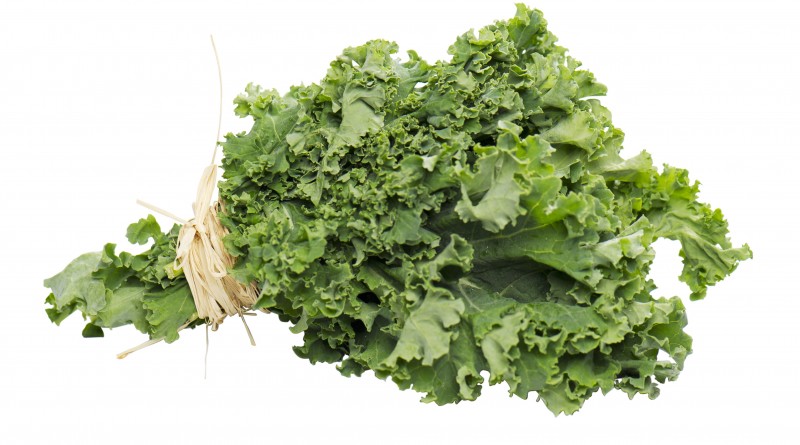Kale-gate, Explained
Everyone seems to be talking about kale recently. We investigate whether people should really be eating this popular leafy green.
Q: I heard recently that eating too much kale can be harmful, is this true?
Award-winning journalist Todd Oppenheimer published an article recently in Craftsmanship magazine about a small study done by a molecular biologist in Marin County. Ernie Hubbard kept seeing patients who had extremely healthy diets show up at his clinic with signs of chronic fatigue, hair and skin loss and other strange symptoms. After taking urine samples from 20 volunteers, he discovered a correlation between high levels of thallium, a heavy metal that occurs naturally in soils and has been used in poisons, and people who were eating large amounts of kale, cabbage and other cruciferous vegetables.
Hubbard found one 2006 study from the Czech Republic that showed cruciferous vegetables to be “hyperaccumulators” of thallium. Hubbard tested both organic and conventional kale and found organic kale to actually have slightly higher levels of thallium, though he remains puzzled as to the source. He also found when people decreased the amount of cruciferous vegetables they ate, the thallium levels dropped.
The bottom line: this was a very preliminary study with a small, small sample. Nutritionists maintain that you should eat your cruciferous vegetables but, as with any food, don’t overdo it. While kale contains many beneficial nutrients including calcium, Vitamin K and antioxidants, it may accumulate trace amounts of thallium.



